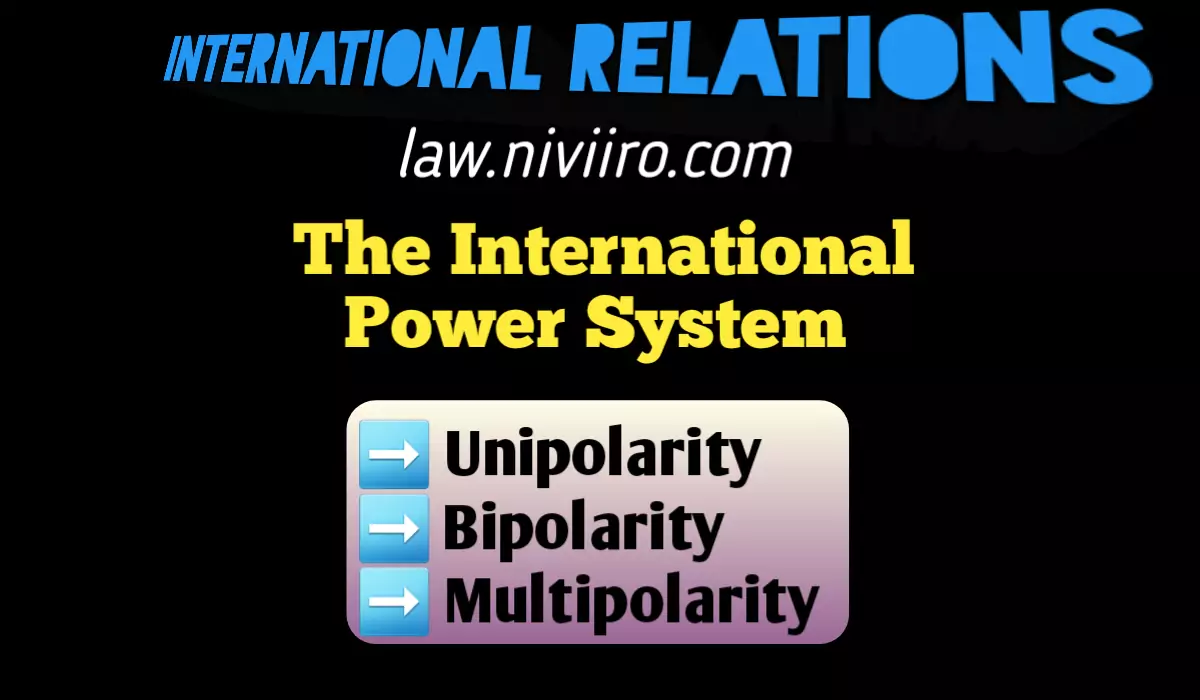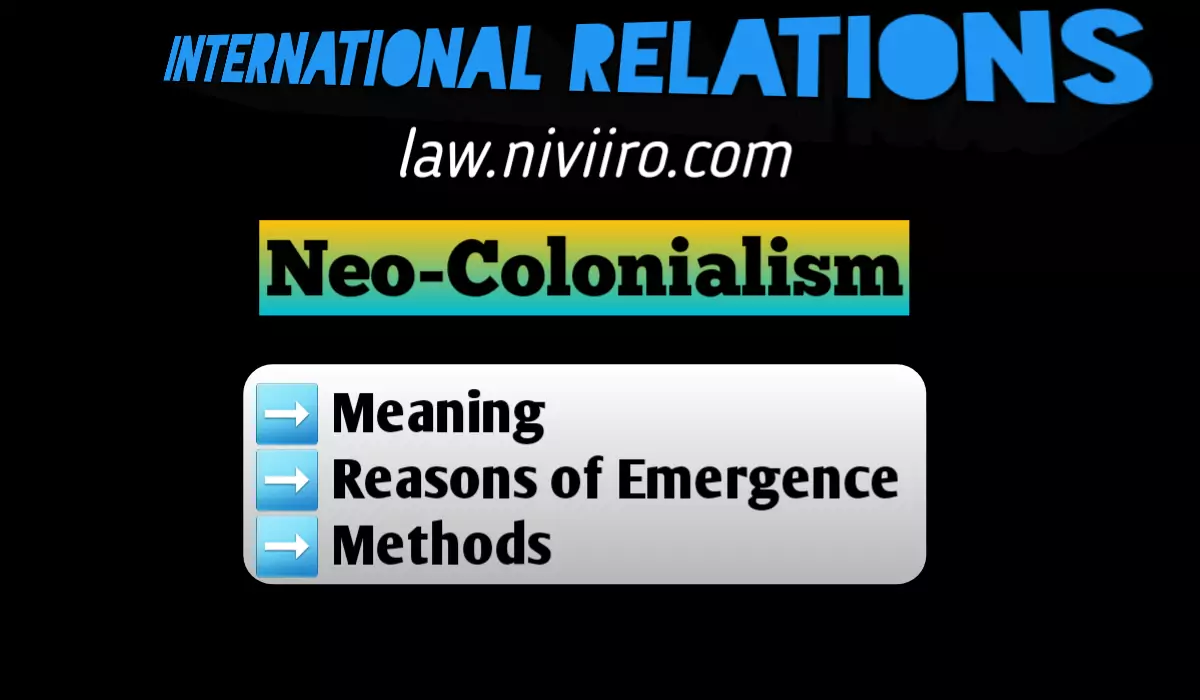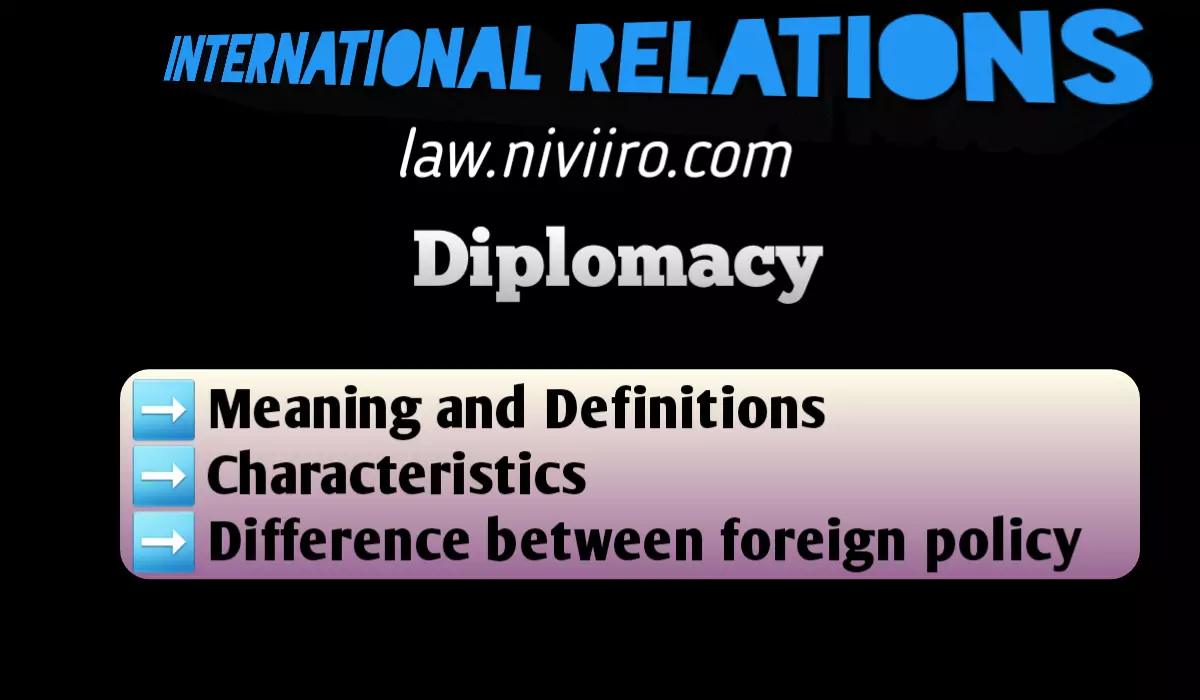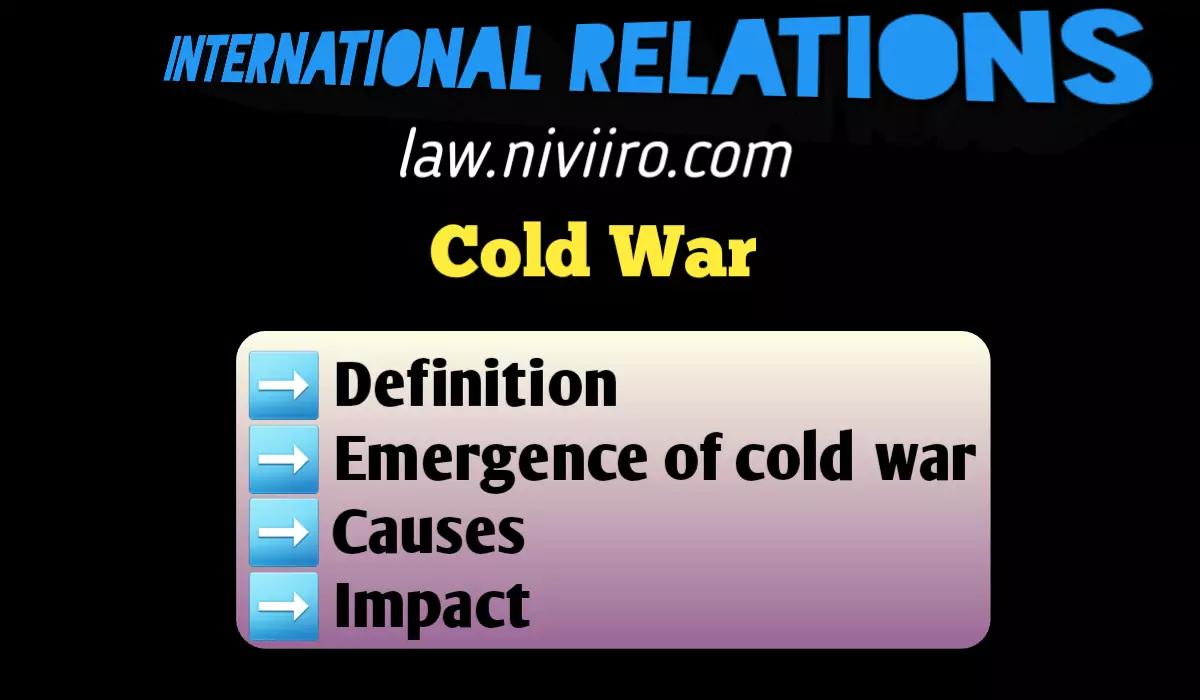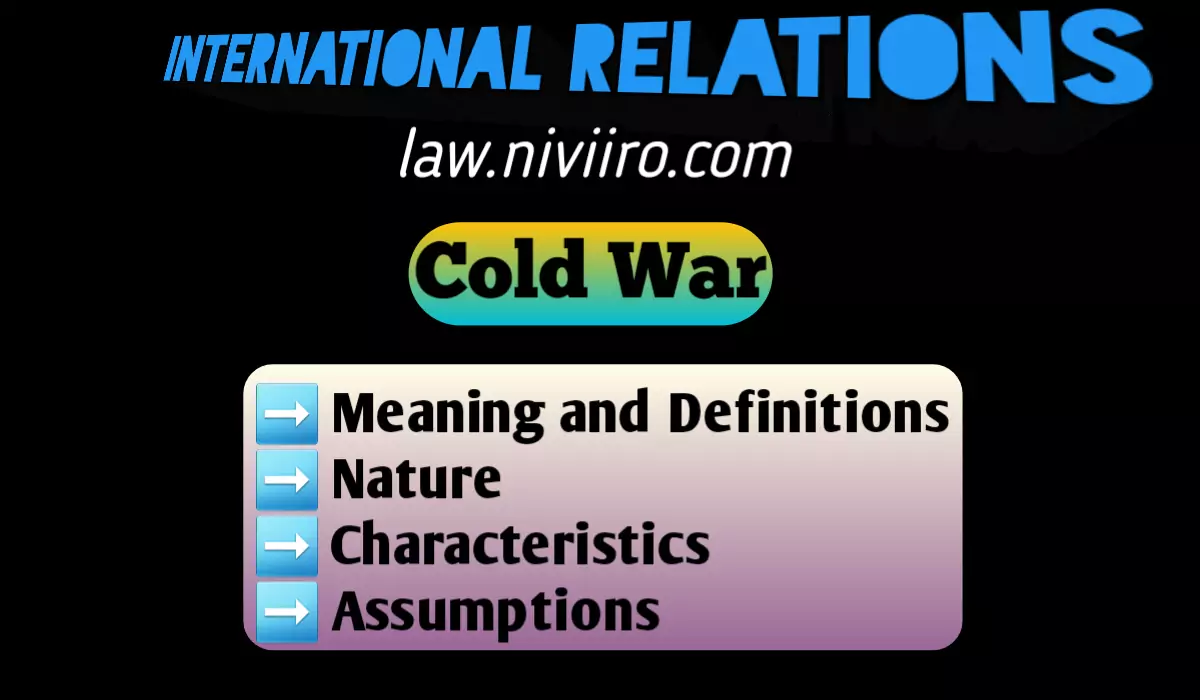The International Power System : The field of international relations introduces three international systems: unipolarity, bipolarity, and multipolarity, in light of the distribution of power among states. States’ hierarchical positions in the international system are determined by their relative power, which is the capacity to influence the behaviour of others. A unipolar system is demonstrated by the existence of one superpower, whereas a bipolar system is demonstrated by the competition between two superpowers.
And finally, a multipolar system is one in which there are numerous powerful nations. This paper makes the argument that it would be more practical to analyse these systems as repeating cycles despite the ongoing discussion regarding their robustness and stability.
Unipolarity | The International Power System
In a situation of unipolarity, one state has a significant advantage over others in terms of power because it controls a large portion of the available resources.
Although multiple states could exist in a unipolar system, the hegemon has no rivals on the global stage. This is so because the hegemon possesses a degree of power that other states, even when united, are unable to match.
The position of the United States in the post-Cold War period is an example of unipolarity. Due to the lack of competition between the US and USSR as two poles, the bipolar system was disrupted with the fall of the Union of Soviet Socialist Republics (USSR). As a result, with the most substantial economic, political, and military resources, the United States rose to the position of hegemon.
Some academics, particularly believers in the Hegemonic Stability Theory, contend that the unipolar system is the most durable and stable system capable of supporting peace. Because no other major power is in a position to pursue any strategy that depends on defeating the United States in a war or protracted rivalry, hegemonic rivalry over leadership of the international system has ceased to be a significant source of conflict in previous systems after the Cold War.
This suggests that unipolar systems tend to be more resilient and peaceful because the major powers will not be willing to challenge the hegemon, and the hegemon has the resources to direct any conflict among them.
Bipolarity | The International Power System
A system of international order known as bipolarity is one in which two rival powers control the world’s economic, military, and political relations while the other nations choose to form alliances with one of them.
In this system, the rivalry and conflict between the two superpowers serve as the foundation for the global order. A bipolar system is frequently compared to the Cold War era, when world affairs were shaped by the interactions between the US and the USSR. By stating that “Unbalanced power, whoever wields it, is a potential danger to others,” Kenneth Waltz highlights the resilience and stability of a bipolar system.
The US and USSR’s alliances and actions during the Cold War balanced each other out in terms of influence, placing constraints on one another’s and the other states’ goals.
Multipolarity | The International Power System
In a power structure known as multipolarity, more than two equally powerful states compete for dominance.
States in this system are free to change how they interact at any time. The multipolar system has been the most common throughout history. The Great Powers of Europe were able to maintain the status quo during the Concert of Europe, which lasted from 1814 to 1914.
Because the major powers can gain from alliances and minor wars that do not directly challenge other powers, scholars like Hans Morgenthau contend that multi-polar systems are more stable than other polarity forms (Tomja, 2014, p. 60). Although the hierarchy of great powers may shift over time, no state can challenge another when there are equal powers present, as in the Concert of Europe. As a result, there is a tendency to maintain the status quo, which leads to stability and durability.
Russia-India-China: Is It Building a Multipolar World ?
In terms of international relations, stability is the likelihood that a system will maintain all of its distinctive characteristics absent a protracted war, while durability is the capacity of a system to endure under pressure.
It is a fact that each of the three systems has particular benefits and drawbacks. However, it would be more important to consider how these systems replicate one another rather than just concentrating on stability and toughness. States’ power and hierarchical position in the international system are determined by their economic, military, political, and social capabilities. The hierarchical order changes as the flow of capital and the balance of power among states evolve.
This implies that the global system is dynamic and that polarity is a cycle. From 1495 to 1521, England, France, the Habsburg Empire, and the Ottoman Empire all held significant positions in the world. The Habsburgs and the Ottomans began to compete after that. The multipolar system that will exist until 1945 replaced the international order in which the Ottoman Empire had the upper hand. The first and second World Wars took place during this multipolar era.
The subsequent conflict between the US and the USSR led to the start of the Cold War. As a result, the US developed into a superpower. Finally, it can be said that the shift to a multipolar system has restarted with the rise of Russia, China, India, and other powers. Each system’s instability alters the way that power is distributed, creating a never-ending cycle.
Related Post
- National Power | Definitions | Forms | Methods
- Nature and scope of International Relations
- Emerging trends in international relations
- Relation between RTI and democracy
Unipolarity means ?
In a situation of unipolarity, one state has a significant advantage over others in terms of power because it controls a large portion of the available resources.
Bipolarity means ?
A system of international order known as bipolarity is one in which two rival powers control the world’s economic, military, and political relations while the other nations choose to form alliances with one of them.
Multipolarity means ?
In a power structure known as multipolarity, more than two equally powerful states compete for dominance.
Reference Books
- H.J. Morgantheau – Politics among Nations
- J.C. Johari – International Politics
- Raymond Aron – Peace and war a theory of International Relations
- Prem Arora – International Relations and foreign policy
- International Relations in the 21st Century by Pant
- An Introduction to International Relations by John Baylis, Steve Smith and Patricia Owens.













